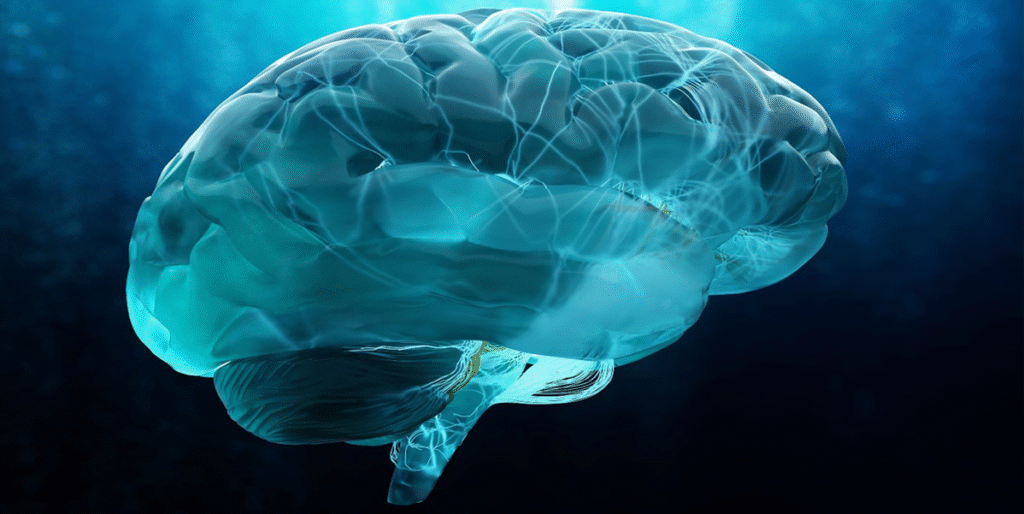How to Handle Epilepsy: a neurological disorder!

How to Handle Epilepsy: a neurological disorder!
Epilepsy is a neurological disorder characterized by recurrent and unpredictable seizures. Seizures are episodes of abnormal and excessive electrical activity in the brain. These electrical disturbances can cause a wide range of symptoms, which vary depending on the area of the brain affected by the abnormal activity. Epilepsy is a chronic condition, meaning it persists over time. It can develop at any age and can be caused by various factors, including genetics, brain injuries, infections, developmental disorders, and more. In some cases, the exact cause of epilepsy may not be identified. Seizures associated with epilepsy can take many forms, including:
Generalized Seizures: These involve widespread electrical disturbances in the brain and can affect consciousness. Subtypes of generalized seizures include:
Tonic-Clonic Seizures (Grand Mal): Characterized by convulsions, loss of consciousness, stiffening of muscles (tonic phase), followed by rhythmic jerking (clonic phase).
Absence Seizures: Brief lapses of consciousness where the person may appear to be staring into space and may not remember the episode afterward.
Atonic Seizures: Also known as “drop attacks,” these involve sudden loss of muscle tone, causing the person to collapse.
Partial (Focal) Seizures: These seizures originate in a specific area of the brain and can be classified into:
Simple Partial Seizures: The person remains conscious but experiences unusual sensations, emotions, or movements.
Complex Partial Seizures: These affect consciousness and can cause repetitive behaviors or movements, confusion, and memory loss.
Epilepsy diagnosis is typically based on a careful medical history, observation of seizure activity, and diagnostic tests such as electroencephalogram (EEG) to record brain activity during a seizure. Brain imaging scans like MRI or CT scans may also be used to identify any structural abnormalities.
Treatment for epilepsy aims to control or reduce the frequency and severity of seizures. This often involves medications called antiepileptic drugs (AEDs), as well as lifestyle modifications, such as managing stress, getting enough sleep, and avoiding seizure triggers. In cases where seizures are not well-controlled by medication, other treatment options like surgery, ketogenic diet, vagus nerve stimulation, or responsive neurostimulation might be considered.
Here are some common treatment options:
Medications: Antiepileptic drugs (AEDs) are usually the first-line treatment for epilepsy. There are many different AEDs available, and the choice of medication depends on the type of seizures and the patient’s medical history. A doctor will work to find the most effective medication with the fewest side effects.
Lifestyle Modifications: Certain lifestyle changes can help manage epilepsy. These may include getting enough sleep, avoiding triggers like alcohol or stress, and maintaining a consistent routine.
Ketogenic Diet: This high-fat, low-carbohydrate diet can sometimes be effective for managing epilepsy, especially in children who do not respond well to medications. It should only be done under the supervision of a medical professional.
Vagus Nerve Stimulation (VNS): This involves implanting a device that sends electrical impulses to the vagus nerve, which can help reduce the frequency and severity of seizures.
Responsive Neurostimulation (RNS): A device is implanted in the brain to monitor brain activity and deliver targeted stimulation when abnormal activity is detected.
Surgery: For some patients whose seizures are not well-controlled with medications, surgery might be considered. This could involve removing the part of the brain responsible for triggering seizures.
Support and Counseling: Epilepsy can have psychological and emotional impacts. Counseling and support groups can provide valuable assistance in coping with the condition.
Avoiding Triggers: Identifying and avoiding triggers that might provoke seizures can help manage the condition. Triggers can vary widely between individuals.
Regular Medical Check-ups: Regular visits to a neurologist or epileptologist are essential to monitor the patient’s condition, adjust medications if necessary, and discuss any concerns.
It’s important to remember that epilepsy treatment should be tailored to the individual patient’s needs, and treatment plans may need to be adjusted over time. If you or someone you know has epilepsy, it’s crucial to work closely with a healthcare professional to develop an appropriate treatment plan.
Recent Posts
- All Post
- blog
- General


